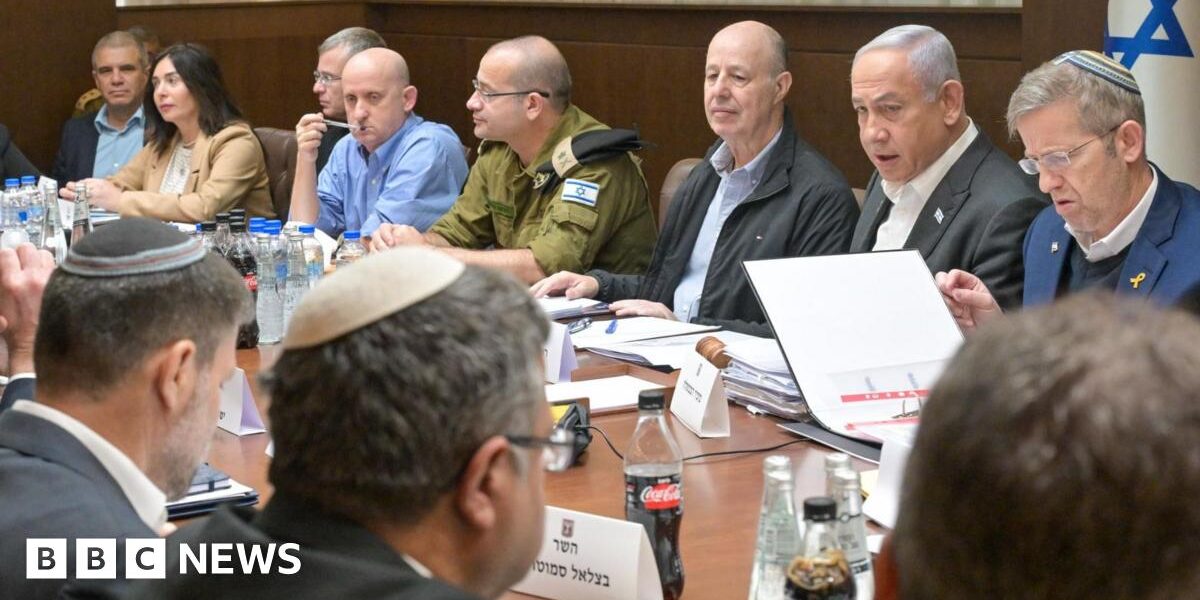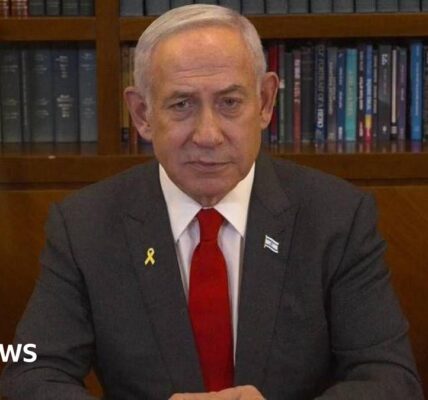Friday also saw a meeting held in Cairo to discuss mechanisms for implementing the deal, a senior Egyptian official told the BBC.
All necessary arrangements were agreed, including the formation of a joint operations room to ensure compliance, that would include Egyptian, Qatari, US, Palestinian and Israeli representatives, the official said.
Egyptian state-run Al-Qahera News TV also cited a source as saying that they had agreed on facilitating the entry of 600 aid lorries per day during the ceasefire.
That would require a more than 14-fold increase from January’s UN-reported daily average of 43 lorries. But Rik Peeperkorn, the World Health Organization’s Gaza representative, said “the possibility is very much there” if the Rafah crossing with Egypt and other crossings opened.
The WHO also plans to deliver a number of prefabricated hospitals to support the devastated healthcare sector. Half of Gaza’s 36 hospitals are not functional, while the others are only partially functional.
There has been no respite for Palestinians on the ground in Gaza since the ceasefire deal was announced on Wednesday night.
Gaza’s Hamas-run Civil Defence agency said a total of 117 Palestinians, including 32 women and 30 children, had been killed in Israeli strikes since then.
Tamer Abu Shaaban said his young niece was killed by missile shrapnel as she played in the yard of a school in Gaza City where her displaced family was sheltering.
“Is this the truce they are talking about?” he told Reuters news agency as he stood beside her body at a mortuary. “What did this young girl, this child, do to deserve this?”
The Israeli military said on Thursday afternoon that it had conducted strikes on 50 “terror targets” across Gaza over the previous day and taken steps to mitigate harm to civilians.





